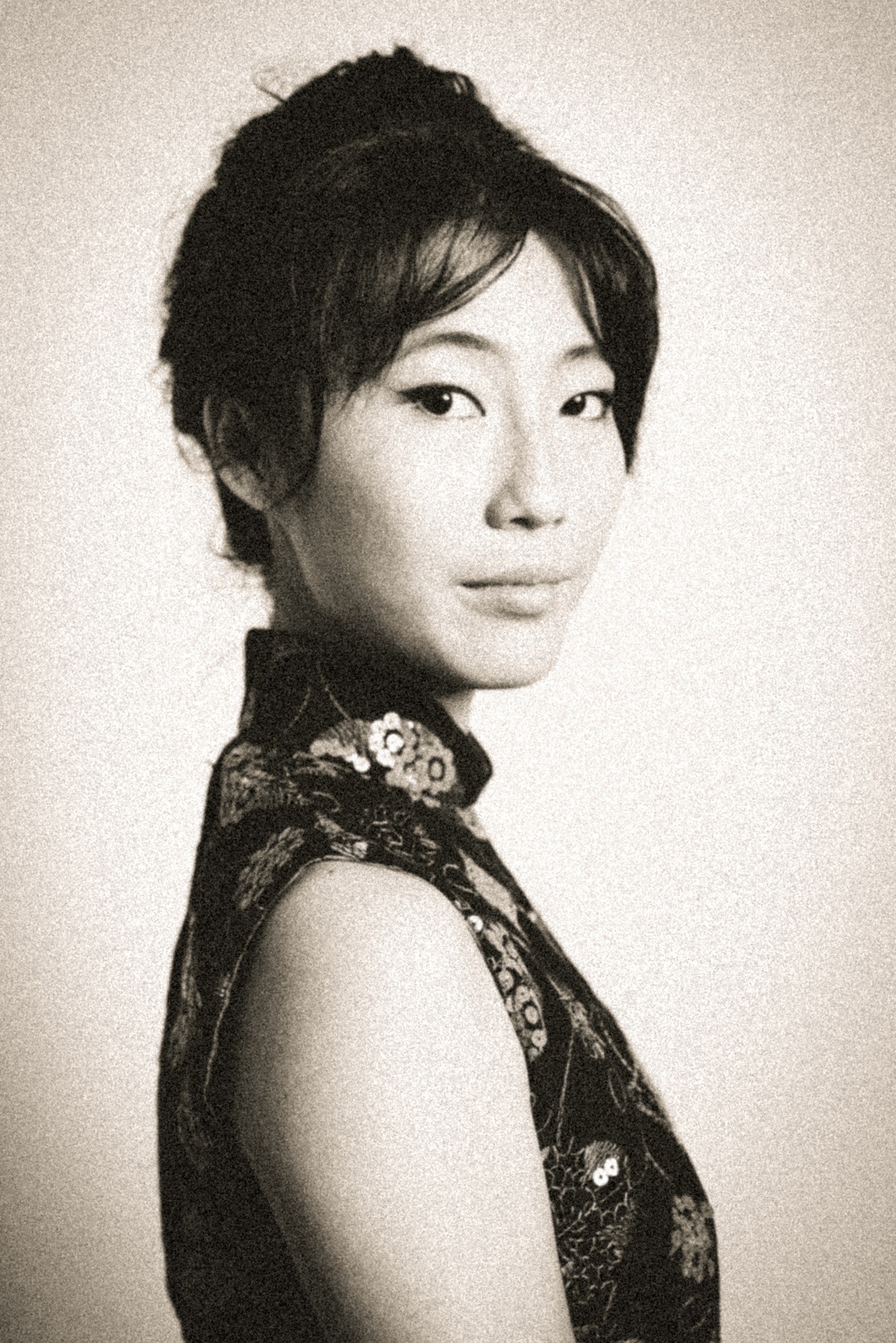
News
Cambridge Residents Slam Council Proposal to Delay Bike Lane Construction

News
‘Gender-Affirming Slay Fest’: Harvard College QSA Hosts Annual Queer Prom

News
‘Not Being Nerds’: Harvard Students Dance to Tinashe at Yardfest

News
Wrongful Death Trial Against CAMHS Employee Over 2015 Student Suicide To Begin Tuesday

News
Cornel West, Harvard Affiliates Call for University to Divest from ‘Israeli Apartheid’ at Rally
Artist Profile: Shirley Chen on History, Identity, and ‘Chinatown, My Chinatown’
Shirley L. Chen ’22 is telling a creative story grounded in complex history.
On Oct. 21 and 22, Chen’s senior thesis “Chinatown, My Chinatown” will come to life in two parts: first, a 25-minute "living museum" installation, followed by a 60-minute one-woman one-act show. Pursuing a joint concentration in History and Literature and Theater, Dance, and Media, Chen’s play follows four characters as they compete in the 1966 Miss Chinatown USA pageant.
Chen worked for nine months to develop these characters by doing both primary and secondary research, including archival work and collecting oral histories from real pageant contestants from the sixties. With a wealth of possibilities, why tell a story about pageants?
“I was thinking a lot about competition within marginalized communities,” Chen said. “If you're put in a room full of girls who fill the same boxed categories, how does that completely shatter your perception of yourself? And then how do you build that back up? And how do you love yourself and learn who you are within those categories and outside of them?”
Chen chose this creative format for her thesis to most effectively convey the messages of her project.
“There’s a link between history and theater making,” said Chen. “I think the most effective art is when you put yourself into an environment, and then build a world around it. That’s why it's this one-woman show format.”
Chen’s piece truly fell into place when she realized that her friend’s grandmother, Connie Young Yu, had an intimate connection with the topic. Connie’s father was the chairman of the Miss Chinatown pageant in the late 1960s, and she had saved a vast collection of newspaper articles, photos, and pageant programs from the time period that she was willing to share with Chen.
Through Connie’s connections, Chen was also able to approach members of the 1960s San Francisco Chinatown community with three simple questions: “What is the Miss Chinatown pageant? What was your involvement in it? And what were the sixties like for you as a Chinese American person?” These questions guided Chen, allowing her to eventually form the four distinct characters that she enacts in her one-woman show.
Chen’s characters do not reflect any specific, real-life individuals — instead, she created fictional amalgamations of various aspects of her own personality. In doing so, she asks, “If I put four versions of myself in a room in a competition, all of whom with different elements of my worst traits and my best traits, would they learn how to love each other?”
This play was not easy for Chen to perfect. She recalls grappling with never-ending questions: “How do I respect these real people? How do I honor them? How do I give voice to them without making them caricatures? Will they think that this is an accurate portrayal? Am I doing Chinatown justice? Will they like this?” Then, Chen asked, quieter, “Will they hate this?”
Part of the reason that the success of this project is so important to her is its various connections to and divergences from her own identity.
“My parents emigrated from mainland China, and I grew up speaking Mandarin,” Chen said. “And even though this Miss Chinatown story is a part of Asian American history, it's not a part of the history that my family is a part of, or the lineage that our family belongs to.” Despite this, Chen still feels profoundly connected to the story and its characters, saying, “I've always found it really hard to ask my parents or my grandparents about this time in their lives. So it's been really special to get to connect to people who are also grandparents but to learn about them as friends and see these parallels in our lives.”
In “Chinatown, My Chinatown,” Chen unpacks how contestants negotiated their own Chinese identity and femininity as they competed in pageants.
“I asked this to some of the former contestants and a lot of times they didn't have a clear answer: What does it mean to be Miss Chinatown? What makes you think that you could be Miss Chinatown? To me, this pageant was really a way of showing ‘we're soft, and we're feminine, and we're elegant’ while facing a wave of negative assumptions of Chinatown as a place for gang violence and gambling.”
Chen takes a nuanced approach to these complex issues of identity in her show.
“Competition and jealousy within a uniform community is often not talked about, just because people want to, rightfully so, project an image of happiness and togetherness and love and support.” Chen paused. “But sometimes that’s not the internal reality.”
After working on it for so long, Chen is excited to present her creative thesis. “It’s a slice of my brain and a slice of my biggest fears and dreams. I think that’s reason enough to see it.”
Want to keep up with breaking news? Subscribe to our email newsletter.

